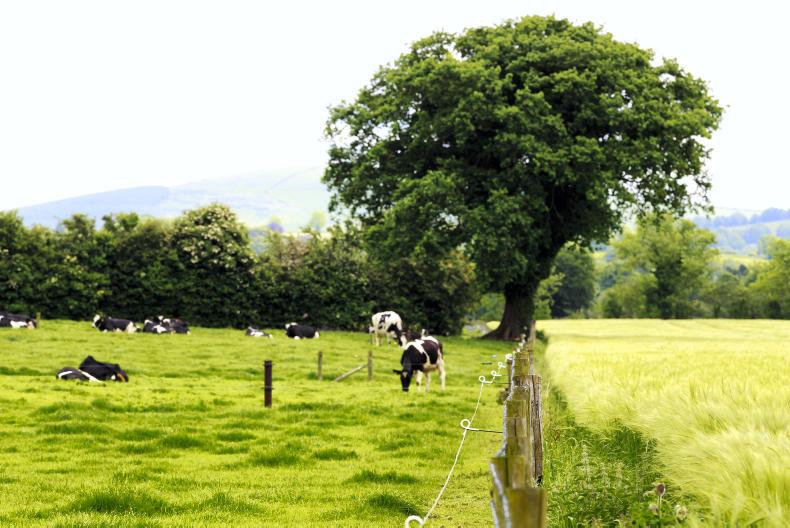Could a carbon tax on agricultural output work? Not according to the main political parties and, unsurprisingly, the farm organisations. Even Alan Matthews himself pointed out many of the practical defects in his proposal.
The first principle of any tax is that it would be fair. Matthews admission that it would have to be applied at processor rather than farm level poses serious questions for its fairness or efficiency. If a dairy farmer reduced his carbon footprint, but the average footprint of his processor went up, would his carbon tax fall or rise? Would a beef farmer be inclined to switch to a processor that had a lower carbon tax? Would this hand a competitive advantage to an individual processor? If so, it would surely have to be opposed by the The Competition and Consumer Protection Commission.
Carbon leakage – where production simply moves to another country – is acknowledged by Matthews as “a serious issue”. He countered this by saying someone has to make the first move. The reality would be we would simply sacrifice our beef sector on the altar of good intentions, and the world would carry on without noticing. Beef produced from land cleared of rainforests would have a clear run at our domestic and export markets.
Matthews suggested that reduced farm profitability from this tax would in turn reduce land prices. This has rarely happened. It’s more likely that falling farm incomes would see land move from the hands of farmers to outside investors, who always see it as a sound long-term investment.
Matthews has long been a critic of our beef sector. Ten years ago, he described the beef industry as “a massive drain on the Irish economy”, costing €750m a year. He has also been a critic of the direct payments system, believing it is propping up otherwise unviable production. This latest proposal would undermine the beef sector, but is unlikely to ever become a reality.






 This is a subscriber-only article
This is a subscriber-only article










SHARING OPTIONS: